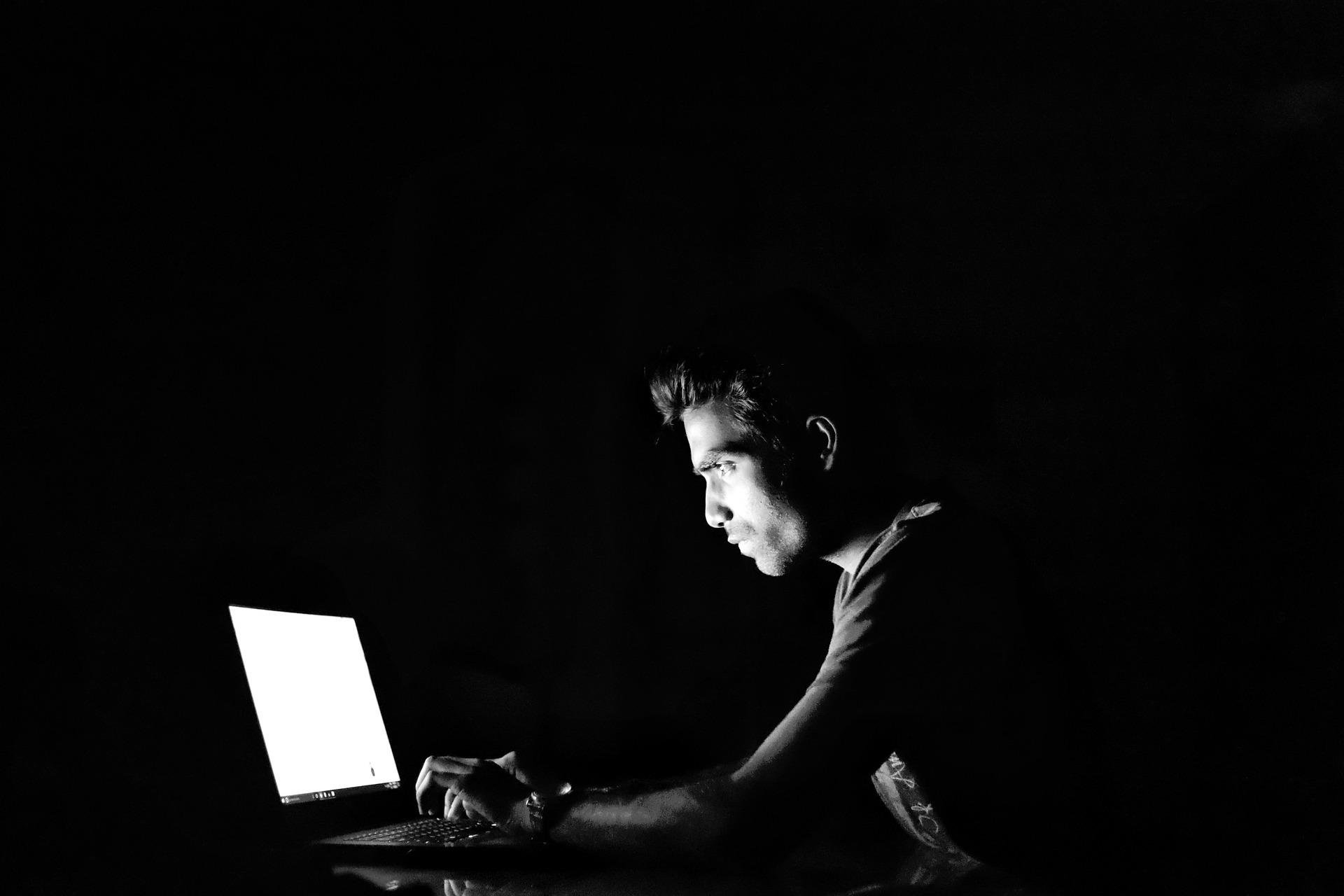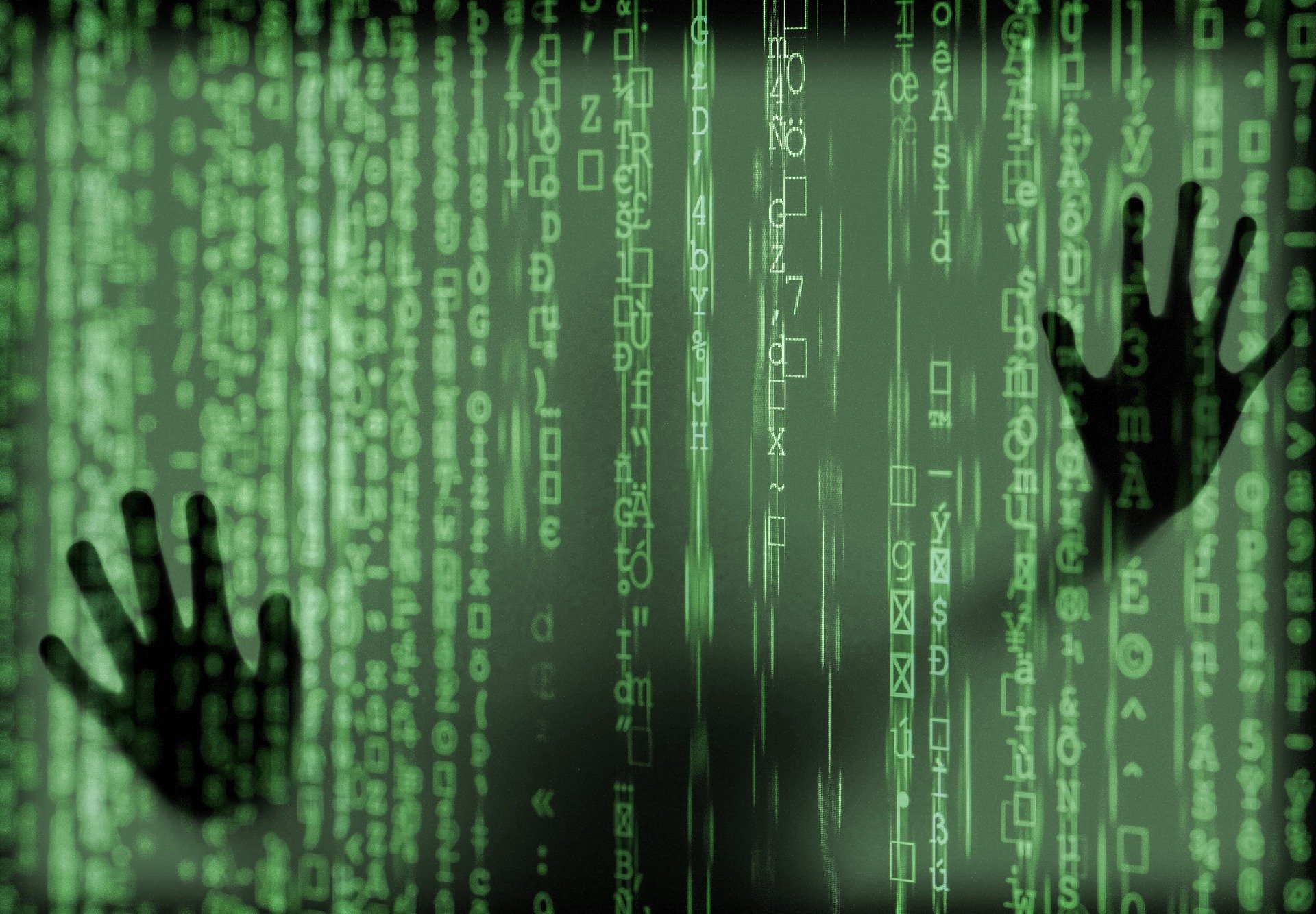When you purchase through links on our site, we may earn an affiliate commission.Heres how it works.
Online harassment has emerged as a serious issue that needs to be addressed.
Preferred partner (What does this mean?)

Motivations behind doxing
There are several reasons why someone might engage in doxing.
One of the most common reasons is revenge.
Another reason why someone might engage in doxing is for ideological reasons.

This can include targeting individuals or groups that hold opposing views or beliefs.
This bang out of doxing is often associated with political or social agendas.
Finally, online trolls often engage in doxing for amusement.

It’s important to note that doxing is often illegal and can result in criminal charges.
Additionally, doxing can have severe consequences for both the victim and the boxer.
Victims of doxing may experience emotional distress, loss of privacy, and even physical harm.

Social media platforms like Facebook, Twitter, and Instagram are a goldmine for doxers.
They can easily find personal information such as home addresses, phone numbers, and email addresses.
They can also track someone’s movements and build a profile of their interests and activities.

Doxers can use this information to harass, intimidate, or defraud their victims.
Search engines likeGoogleandBingare also popular tools for doxers.
They can find personal information publicly posted online, such as court, property, and voter registration records.

They can also find websites the target person has created or participated in.
This information can be used to build the victim’s profile and to harass or intimidate them.
Data breaches are another way that boxers can obtain personal information.
Doxers can then use this information to blackmail, harass, or defraud their victims.
Social engineering is using deception to manipulate people into divulging personal information.
They may pose as a trusted authority figures or use different tactics to gain the victim’s trust.
By design, malware can harm a computer system without the user’s knowledge or consent.
Doxers can use malware to infect their victims' computers and steal their personal information.
Malware can be spread through various means, such as infected websites, email attachments, or other means.
Victims may be stalked, threatened, or even physically attacked.
If you believe you have been doxed, taking steps to protect yourself is essential.
Being exposed in such a public and humiliating way can make the victim feel violated and powerless.
In addition to the emotional impact, doxing can also have severe consequences for the victim’s professional life.
Moreover, doxing can also damage the victim’s relationships.
This can lead to social isolation and feelings of loneliness for the victim.
The most severe impact of doxing is the potential for physical harm.
Doxing can lead to stalking, which can put the victim’s safety at risk.
Doxing examples
There are some obvious and perhaps not-so-apparent examples of doxing.
Doxing is, unfortunately, a common occurrence in the world of celebrities.
Revenge doxing can happen to anyone.
Victims of revenge doxing are often targeted due to some perceived slight or wrongdoing committed against the perpetrator.
It can take attention away from real emergencies.
It’s important to note that sometimes, doxed people are not the intended targets.
This is known as “faulty doxing,” “misdoing,” or “mistaken doxing.”
One final jot down of doxxing is perhaps the most obvious: criminal doxing.
Can doxing be stopped?
Although completely eradicating doxing may be difficult, steps can be taken to reduce its prevalence and impact.
Therefore, it is essential to be mindful of shared information and take precautions to protect personal data.
Raising awareness: Educating internet users about the risks of sharing personal information online is crucial.
Potential victims can be prevented by teaching people to be vigilant and exercise caution when interacting online.
Legal action: Governments worldwide should implement strict laws against doxing and consider it a criminal offense.
Holding doxers accountable for their actions and ensuring that victims receive justice is important.
Efficient reporting: Social media platforms should improve their reporting systems and take immediate action against doxing incidents.
Implementing mechanisms to investigate and remove doxing content quickly can discourage offenders and protect potential victims.
Cybersecurity measures: Individuals and organizations should stay updated with the latest cybersecurity measures to safeguard their personal information.
Taking necessary precautions to protect personal data and prevent doxing incidents is vital.
Doxing severely threatens individuals' safety, privacy, and well-being.
You might also like to read about thebest identity theft protectionandbest personal finance software.